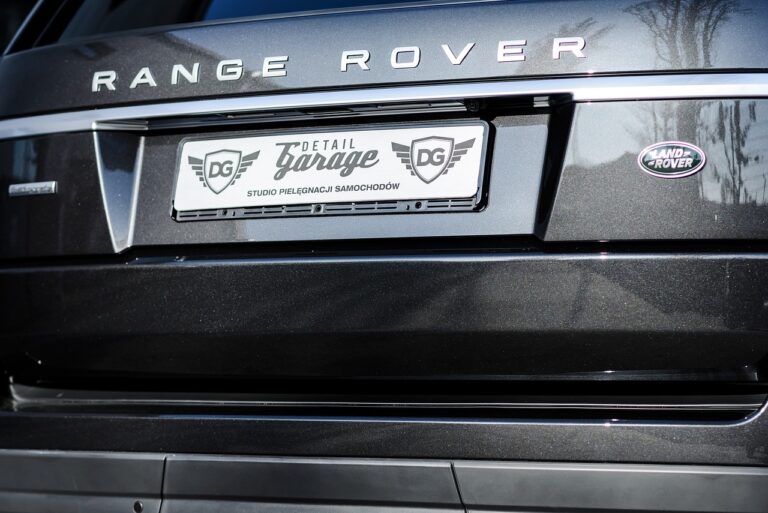The Psychology of Car Ownership Attachment Among Pet Owners
The emotional attachment that pet owners develop towards their vehicles can be influenced by various psychological factors. One of the key factors is the concept of anthropomorphism, where individuals attribute human-like qualities and emotions to their vehicles. This tendency to see the vehicle as a companion or even a pet can strengthen the bond between the owner and their car.
Furthermore, the feeling of control and autonomy that comes with car ownership can also play a significant role in fostering attachment. For many pet owners, their vehicle represents a sense of freedom and independence, allowing them to travel with their beloved pets wherever they please. This sense of control over their environment and mobility can enhance the emotional connection they have with their car.
• The concept of anthropomorphism can lead pet owners to view their vehicles as companions or pets
• Feeling of control and autonomy from car ownership can strengthen attachment
• Sense of freedom and independence associated with owning a vehicle allows for travel with pets, enhancing emotional connection
The Role of Emotional Comfort and Security in Car Ownership for Pet Owners
One key aspect of emotional comfort and security in car ownership for pet owners is the ability of the vehicle to serve as a safe space for their beloved animal companions. Pets are often treated as members of the family, and ensuring their well-being while traveling is a top priority for many owners. The sense of security that comes from knowing their pets are safe and comfortable in the car can strengthen the emotional bond between the owner and their vehicle.
Furthermore, for many pet owners, their vehicle serves as a sanctuary away from the stresses of daily life. The familiarity and predictability of their car can provide a sense of emotional comfort and stability, especially during challenging times. This emotional connection to their vehicle can lead to a deep attachment, as pet owners associate feelings of security and calmness with their car.
Attachment Theory and its Application to the Relationship Between Pet Owners and Their Vehicles
Attachment theory, a psychological framework developed by Bowlby and Ainsworth, emphasizes the importance of emotional bonds formed between individuals. When considering the relationship between pet owners and their vehicles, this theory can offer valuable insights into the unique attachment dynamic that may exist. Just as humans seek comfort and security from their relationships with significant others, pet owners often develop a strong emotional connection to their vehicles. This attachment goes beyond mere functionality, as the vehicle becomes a source of emotional support and companionship for the pet owner.
For many pet owners, their vehicle serves as a safe space where they can bond with their furry companions and create lasting memories. The vehicle’s role in providing protection during travel and serving as a familiar environment for both the owner and pet further deepens the attachment. This emotional bond is reinforced by the routine and predictability associated with car rides, where the pet feels secure and the owner experiences a sense of closeness and care towards their animal companion. As such, attachment theory can help elucidate the complex relationship dynamics that underpin the connection between pet owners and their vehicles.
How does attachment theory apply to the relationship between pet owners and their vehicles?
Attachment theory suggests that individuals form strong emotional bonds with objects that provide comfort and security. In the case of pet owners, their vehicles often serve as a means of transportation for their beloved pets, leading to a sense of attachment and emotional connection.
What psychological factors influence pet owners’ attachment to their vehicles?
Psychological factors such as the need for companionship, security, and comfort can influence a pet owner’s attachment to their vehicle. The vehicle provides a safe and familiar environment for both the owner and their pet, creating a bond that goes beyond mere transportation.
How does emotional comfort and security play a role in car ownership for pet owners?
For pet owners, their vehicle serves as a sanctuary where they can bond with their pets and feel a sense of emotional comfort and security. The car becomes a space where they can create memories with their furry companions and feel a sense of closeness.
Can attachment theory help explain the strong bond between pet owners and their vehicles?
Yes, attachment theory can help explain the strong bond between pet owners and their vehicles. The emotional connection that pet owners feel towards their vehicles is similar to the attachment bonds formed with significant others, as both provide a sense of security, comfort, and companionship.







